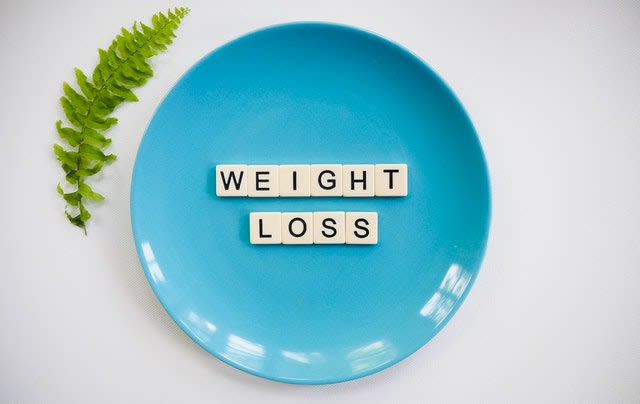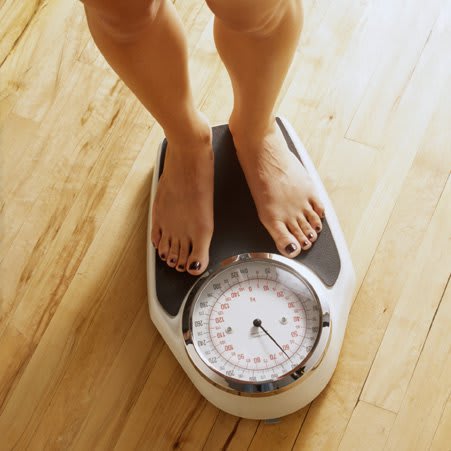New Year's Resolutions for Teens
Published: January 05, 2017l
By Ilaria St. Florian, MS, RD
Talk to Us
If you're interested in learning more, please contact KIDS’ FANS Manager, Ilaria St. Florian: [email protected]
As the New Year unfolds, many of us gear up with a steady list of resolutions including things like lose weight, eat less and exercise more. We’ve heard it all before! As adults, we set our own goals and determine the steps we need to achieve them. But can we also set goals for our teenage children and hover over them until they reach our desired result?
The resounding answer is NO!
I concluded 2016 by reading a book titled Weight Loss Confidential: How Teens Lose Weight and Keep it Off and What they Wish Parents Knew, by Anne Fletcher, MS, RD. Having a teenage daughter myself, I tread very carefully when the topic of weight and body image surface, so the idea of reading a weight loss book written from a teenager’s perspective was very alluring.
According to Fletcher’s research, teens require intrinsic motivation to lose weight and they come to that inner drive at their own pace and through different experiences. Some of the motivating factors they cite in the book include: to improve health and to look and feel better, to avoid weight-related teasing and ridicule, and to be able to play sports and have more energy.
As parents, we may want to use encouragement, rewards, preaching, nagging and even controlling food choices to get our kids on-board with weight loss, but according to the teens interviewed, extrinsic motivation doesn’t work long-term. As one teen summed it up, “If you’re not motivated internally, then losing weight is going to be tough. I was pushed for about eight years, if not longer, to lose weight. It wasn’t until I said, ‘I don’t like what I am, and I want to change’ that I was able to do it.”
In fact, the premise of motivational counseling is to elicit “change talk” in clients by guiding them towards verbalizing their own problems and formulating their own solutions with the notion that knowledge alone may not provide sufficient motivation to change. Similarly, teens point out that when they choose to lose weight for themselves, they are more likely to succeed.
So what’s a well-intentioned parent to do that wants to help their overweight teen get healthier? According to the teens interviewed, parents should be supportive, model healthy eating behaviors and let their child know that they can talk to them without judgment or criticism. Make home a “safe” place where teens don’t feel singled out or discouraged if they mess up or don’t lose weight fast enough. Avoid hurtful words like “fat" and "lazy”, limit restrictive language (“you should”, “you must”), and don’t minimize or patronize their feelings.
Happy New Year, and good luck with any and all resolutions you've chosen!
Featured Expert/ Author
































































